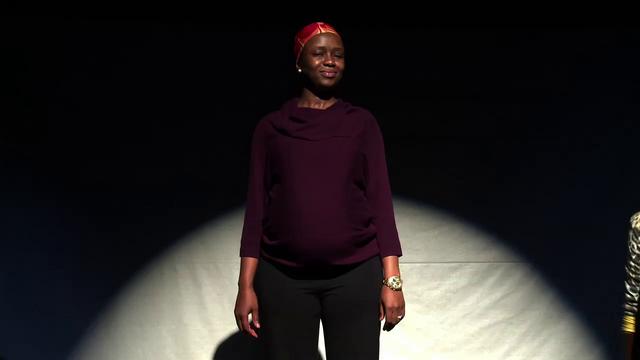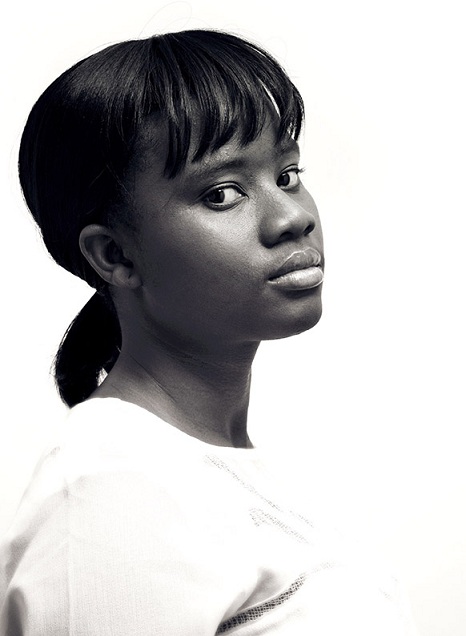
By Michelle Kotevski. This piece is part of our September focus on Women’s Rights. See all of this month’s articles here.
“Human rights theatre”, “political theatre” or “socially aware theatre” are not new genres in the Australian theatrical landscape. Whilst we do not seem to have a huge history or appetite for these genres they do exist, often at the margins of the arts and cultural scene. Too often these works are “written off” for perceived lack of artistic skill, merit or didactic content and they can struggle to attract an audience. Our collective lack of engagement with these types of theatre reminds me a lot of the comedy of Akmal Saleh. Saleh gets great humorous mileage out of his reflections on Australian political apathy – “that’s what I love about this country, no one gives a f#%k about anything”.
Fortunately there is also a growing body of work that does not struggle to attract the punters; the productions are artistically rigorous and respond to the hunger of audiences for work that matters on a humanist level. Recent examples include productions such as Through The Wire (Racing Pulse Productions), Jack Charles Vs The Crown (Ilbijerri Theatre), CMI – A Certain Maritime Incident (Version1.0), Ngapartji Ngapartji (Big hART), and The Fence (Urban Theatre Projects).
I’m part of a team of people, led by writer/director Ros Horin, making a new work in this latter tradition called The Baulkham Hills African Ladies Troupe. The production is based on the personal stories of four African refugee women living in Sydney, who have all suffered extraordinary human rights abuses such as rape and violence, either in the context of war or domestically.
As the women attempt to “move on” and create new lives in Australia, the production examines the effects of trauma and what it means to be a survivor of sexual abuse and violence. Most of all it is a celebration of the resilience, courage and spirits of these remarkable women. What is being created on stage, in a subtle way, is the experience of a warm, joyous, functioning community of African women now living in Australia – as a counterpoint to the dysfunction they describe. There is also some sage advice about hair care.
My first question to an artist wanting to make a new work is always “why?” Ros’ rationale was a hard one to pick apart: the abuse of women all over the world continues to be one of the big human rights issues of our time, and not just in far away lands, but here, everyday. It needs to be talked about. It needs to change. The practice and culture of silence about violence against women within and amongst all our cultures must stop.
To not care is to assume that our current efforts in granting refuge and resettlement fully acquit us of our human rights responsibilities towards women carrying these traumas
Many women from different countries in Africa have come to Australia as refugees. A great number of these women are survivors of torture and trauma. The impact of these experiences do not get left behind, rather they continue to impact on every aspect of life – physical and mental health, economic wellbeing, independence, social participation and a sense of belonging in Australia.
In Australia, there is little understanding of, or public discussion about, the experience of torture and trauma – what this means for resettlement, and the day to day lives of refugee women. We can’t afford not to know. To not know is to squander the amazing human gifts and potential of so many women coming to our shores. To not care is to assume that our current efforts in granting refuge and resettlement fully acquit us of our human rights responsibilities towards women carrying these traumas.
It is somewhat heartening to see that the Federal Government has implemented an education program aimed at strengthening the capacity of its employees to develop policies, programs and legislation that are consistent with human rights. But what about cultivating a living, breathing culture of human rights? Perhaps this is where theatre is more powerful than a framework or legislation. Perhaps theatre is much better at engendering and tending to what we will always need – empathy and care.
Out of all the recent arrivals of refugees and migrants to Australia, we have seen very little about Africans on our stages or in Australian film. The Baulkham Hills African Ladies Troupe has been in development for almost two years now, and there is still a long way to go. A professional team of writer/director, movement director and four professional African Australian women actors have been working alongside four women from Eritrea, Sierra Leone and Kenya to create what aims to be a unique and moving theatre experience. These refugee women will perform alongside the four professional actors in the show, placing them firmly in control of the narratives they are sharing and creating. This makes for powerful, beautiful and authentic theatre.
It’s been a slow, careful and deliberate process, as it needed to be. The courage of these women to speak out is not insubstantial. The project is a useful process for the women’s journey on the path of recovery, reclaiming their dignity and power. One of the legacy strategies of this project is a documentary and a digital resource pack for policy makers and frontline workers across justice, education, health, crime prevention, employment services and child protection. The documentary is being made alongside the creation of the show and charts the women’s journey through the process.
Over the last 18 months through various group collaborative processes, material has been generated and created, becoming the basis and content for the draft script. As the script has come together, Ros and the group have worked together to examine and agree on the meaning of material theatrically, individual roles in it, and the broader meaning of the work.
Art, and in this instance theatre, is one cultural practice that can take into and onto itself some of the difficult realities that exist in our society. Theatre can “turn them over” in our collective heads, gently access what we think, feel and do and present a work back to us. This can help us reconsider how we chose to respond.
The Baulkham Hills African Ladies Troupe is presented by Racing Pulse Productions, Riverside and Belvoir in association with the NSW Service for the rehabilitation and treatment of torture and trauma survivors (STARTTS). It will be showing May 8–18 2013 Riverside Theatre, Parramatta and August 15–8 September 2013, Belvoir St Theatre, Surry Hills.
http://www.riversideparramatta.com.au/
Michelle Kotevski is a Sydney-based producer.


